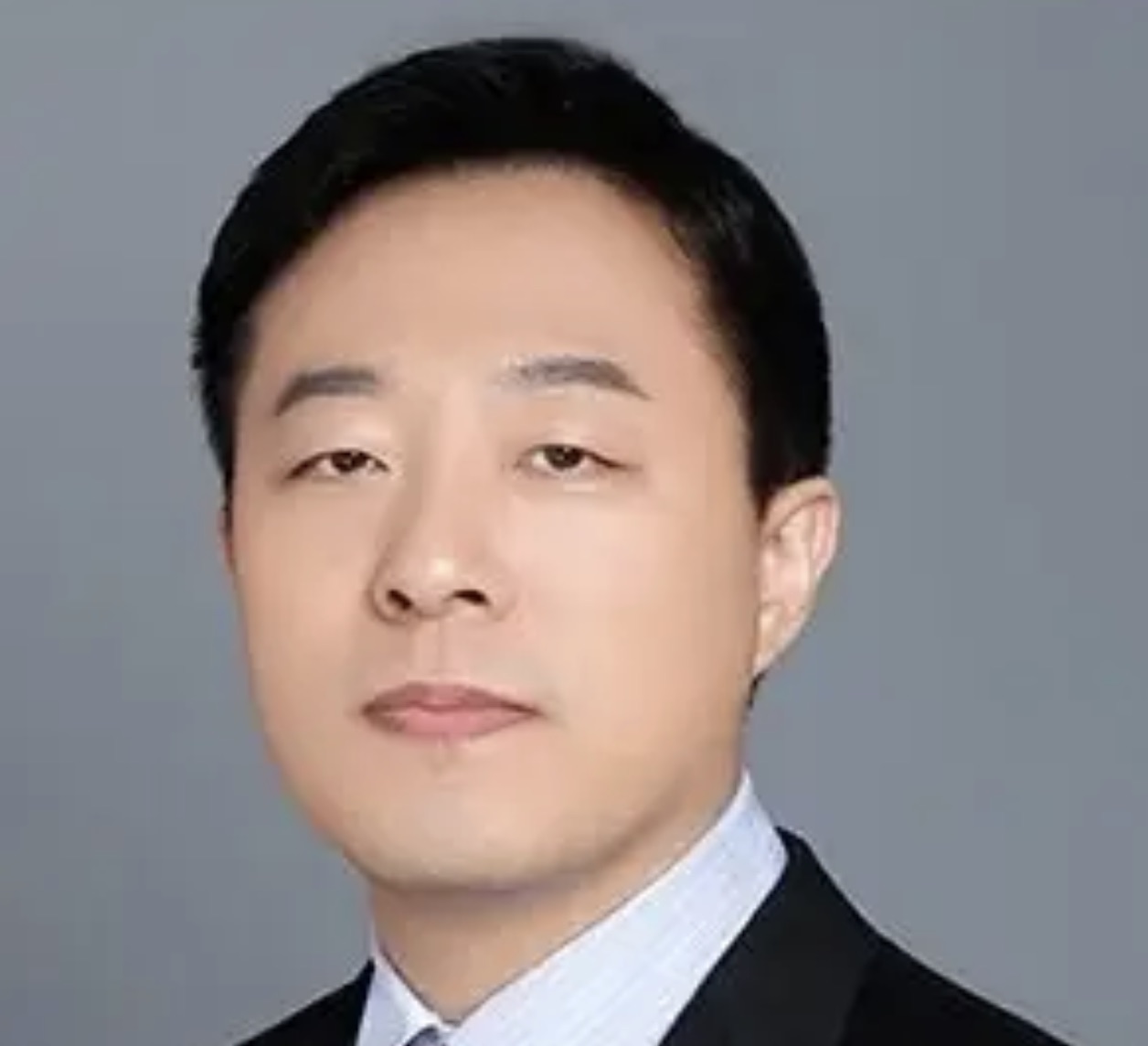‘Let America degenerate on its own’: Scholar implores China to take the high road vs. U.S.

Pictured: Zhao Lijian
The following article, headlined “Chinese diplomatic discourse shouldn’t be self-defeating” (中国外交话语不应自废道义 zhōngguó wàijiāo huàyǔ bù yìng zì fèi dàoyì), was originally published on IPP Review, the official WeChat public account of Hunan University of Technology’s Institute of Public Policy (IPP), on Monday, March 16. The article had 80,000 views a day later. On Wednesday, it was taken down.
The author, Dr. Zhāng Fēng 张锋, is a professor and acting head of Hunan University’s IPP. He is author of the book Chinese Hegemony: Grand Strategy and International Institutions in East Asian History (2015), published by Stanford Press, and his research focus is China’s foreign policy, thought, and grand strategy; U.S.-China relations; and China-Southeast Asia relations. His article is translated by Dev Lewis and Jordan Schneider.
~
China’s diplomatic discourse has always been problematic. Five years ago I asked a question in a short commentary: Why is China’s diplomatic discourse so difficult to understand? This article provoked discussion among those in international relations, bringing forth both positive and negative responses. At that time, I used the adjective “difficult” because Chinese discourse pursues grand narratives and is obsessed with abstract concepts, and tries to capture the essence of diplomacy, exemplified by expressions such as “win-win cooperation.”
But in recent years, China’s diplomatic discourse seems to be moving to the other extreme — instead of difficult, it has become far too easy to understand, too straightforward, and too aggressive.
Recent tweets by Foreign Ministry spokesperson Zhào Lìjiān 赵立坚 suggesting that the coronavirus was brought to Wuhan by the U.S. military has been the subject of a hotly contested discussion. This kind of discourse takes the case to a whole new, unprecedented level.
1/2 CDC Director Robert Redfield admitted some Americans who seemingly died from influenza were tested positive for novel #coronavirus in the posthumous diagnosis, during the House Oversight Committee Wednesday. #COVID19 pic.twitter.com/vYNZRFPWo3
— Lijian Zhao 赵立坚 (@zlj517) March 12, 2020
2/2 CDC was caught on the spot. When did patient zero begin in US? How many people are infected? What are the names of the hospitals? It might be US army who brought the epidemic to Wuhan. Be transparent! Make public your data! US owe us an explanation! pic.twitter.com/vYNZRFPWo3
— Lijian Zhao 赵立坚 (@zlj517) March 12, 2020
How could the U.S. military have brought the epidemic to Wuhan?
Last October, Wuhan hosted the World Military Games, in which the U.S. military participated. At that time, it was the start of flu season in the U.S. If it can be proved that the novel coronavirus actually evolved from a strand of the American flu, then it cannot be ruled out that infected members of the U.S. military brought the virus to Wuhan.
But giving this reasoning any depth of thought will reveal a series of major logical flaws.
What is certain is that no scientist or government can convincingly prove that the coronavirus was in the United States before Wuhan. In the absence of any such evidence, are Zhao Lijian’s tweets appropriate?
There appear to be opposing views within the Ministry of Foreign Affairs with regard to this question.
On March 13, the day after Zhao’s tweets, another Chinese Ministry of Foreign Affairs spokesperson, Gěng Shuǎng 耿爽, took a different tact. He said: “China has always considered this” — that is, the source of the virus — “to be a scientific issue that needs to be informed by scientific and professional opinions.” Cuī Tiānkǎi 崔天凯, China’s ambassador to the United States, also said in an interview that this is a problem that requires scientific research.
But on Chinese social media, there were both those who laid siege on Zhao and those who, on his behalf, laid siege on his critics. Those who criticized and those who defended him were equally fierce. Let me summarize the three kinds of voices that came to Zhao’s defense.
One set of voices believes that Zhao’s tweets were in his personal capacity and part of his right to freedom of speech. This view is hardly convincing. Zhao’s tweets receive attention because he is a spokesperson for the Ministry of Foreign Affairs. His Twitter profile clearly states that he is a spokesperson for the Chinese Ministry of Foreign Affairs, implying that he is not an ordinary person, and therefore any remarks should not be interpreted as his personal opinion.
On the internet, there are a chorus of voices claiming the virus originated in the U.S., but no voice has attracted such attention as Zhao Lijian precisely because people do not regard Zhao Lijian to be an ordinary internet user.
If freedom of speech is invoked, I’m afraid this raises too many questions. First, freedom of speech is not unconditional: this is a point repeatedly emphasized by the Chinese side to international society. Zhao’s tweet was in reaction to U.S. Centers for Disease Control director Robert R. Redfield telling the Senate that at the moment, American tests for coronavirus may not be sufficient, and that there may be deaths from COVID-19 erroneously recorded as casualties from the flu. Leaning on this statement alone, there is no way to reach the conclusion that the U.S. had the coronavirus at the start.
Zhao clearly took Redfield’s statement out of context. The context of this dialogue was a lawmaker asking about a death in a nursing home in Washington state, and whether the CDC may be miscategorizing COVID-19 cases as flu. Ignoring this context, one is sure to take the wrong meaning.
Attempts by Chinese diplomats to tell a good China story on Twitter have become a high-profile phenomenon in recent Chinese diplomatic propaganda. While some of the publicity has had a positive impact abroad, it has also raised some embarrassing questions. For example, how does this approach line up with China’s existing internet management policies?
A second kind of voice in Zhao’s defense believes that Zhao is speaking the official line and that every word he utters has some deep meaning, and since he must be thinking before he speaks, one should believe him. This is a lazy and reckless viewpoint, deferring far too much to the spokesperson.
A third voice defends Zhao by arguing that government officials bickering with Americans is understandable. Since Trump’s government often “speaks with fire” (出口毒辣 chūkǒu dúlà), China should “fight fire with fire.” America can scold China, so why not the other way around? Isn’t opposing this just a double standard?
There are still more who think that anyone who opposes Zhao is a race traitor who won’t fight the U.S. but will fight amongst themselves. This viewpoint has quite a few subscribers. This is based on nationalism, in keeping with today’s atmosphere of “struggle,” but it is still a specious argument. To fully explain why requires another article, but I’ll simply raise a core question here: This so-called “proportionate response,” doesn’t it imply that we’re lowering our standards, so that China’s diplomatic morals are more “rotten” than America’s?
With Trump already having spent three years as president, America’s international prestige and influence has taken a nosedive, and American hegemony is in an unstable state. One important reason is that Trump has a habit of lying, driven by his emotional impulses and personal self-interest, and that has hurt America’s credibility like never before in the post-World War II era. Really, Trump, U.S. Secretary of State Mike Pompeo, and Fox News hosts speak crudely, using “Chinese virus” and “Wuhan virus” as insults to attack China. These phrases are indeed something the Chinese public should severely criticize. Americans and knowledgeable people (including government employees and Democrats) are already loudly criticizing it. But this criticism doesn’t mean China should lower its standards and, like Americans, begin to peddle conspiracy theories, particularly at the government level.
Why don’t we take the high road and compete against the U.S. at the diplomatic level using honest information? Why not let America degenerate on its own and lose its moral superiority to China?
To flaunt like this, and get into a “spitting war” with America while dressing it up as “an eye for an eye,” is really just playing into America’s tactics, and in the end hurts Chinese foreign relations and weakens China’s morals internationally.





